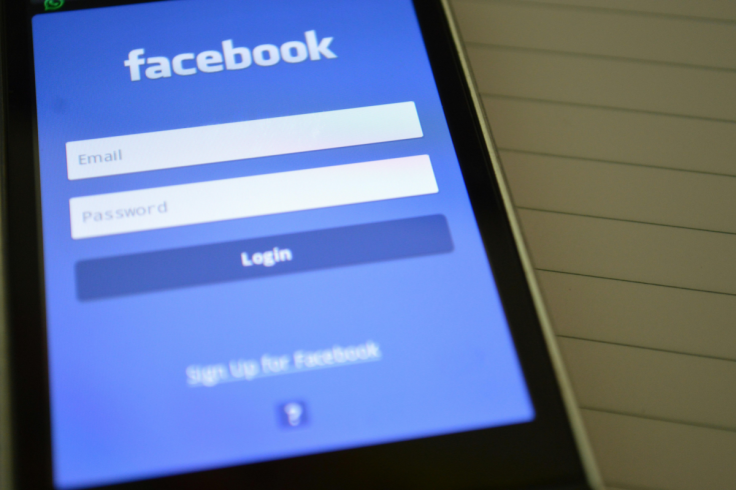Are You Qualified For Facebook Settlement Payments? Here's How To Check
Payouts range from £31 for basic claims to £154 for those with documented extensive engagement

Thousands of AARP users could be entitled to compensation of up to £154 ($237) following a major data breach settlement that revealed the organisation had shared members' video viewing data with Facebook for targeted advertising — a practice that has sparked privacy lawsuits across the United States.
With class action payouts surging in 2025, over-50s who interacted with AARP.org are being urged to file their claims before the deadline expires. The settlement comes amid renewed scrutiny of Meta's data-sharing practices and growing concern over how personal information is being used for ad targeting.
This guide explains who is eligible, how much they could receive, and the steps needed to submit a claim — helping users protect their privacy and secure what they're owed in one of this year's most closely watched digital privacy cases.
Unpacking the AARP-Facebook Privacy Settlement
The AARP-Facebook privacy settlement stems from allegations that AARP violated the Video Privacy Protection Act by transmitting users' video content requests to Facebook without consent, enabling personalised advertising. AARP, serving Americans aged 50 and over, agreed to a £8.1 million ($12.5 million) fund to resolve the class action lawsuit filed in 2021, denying any misconduct but opting to settle and avoid prolonged litigation.
This development highlights escalating scrutiny on tech giants like Meta for data misuse, with the agreement awaiting final court approval on a date in February 2026. Eligible claimants, primarily US residents who accessed AARP.org videos, stand to benefit from this landmark payout, underscoring the growing momentum of privacy lawsuits in 2025.
The settlement administrator will distribute funds proportionally after validating claims, ensuring transparency in this high-stakes data breach resolution. As one source notes, such class actions empower everyday users against corporate overreach, fostering accountability in digital spaces.
Determining Your Eligibility and Potential Payout
Qualification hinges on simple criteria: you must be an American who requested or viewed video content on AARP.org between 27 September 2020 and 12 September 2025, during which data allegedly flowed to Facebook. No proof of harm is required; mere interaction suffices for inclusion in this class action compensation pool.
Payouts range from £31 ($47) for basic claims to £154 ($237) for those with documented extensive engagement, calculated based on verified submissions and total fund division. This structure rewards active users while maintaining fairness, with estimates drawn from preliminary court filings. Amid 2025 settlements, this opportunity addresses widespread Meta data sharing grievances, potentially affecting millions of seniors.
To gauge your fit, review your AARP activity logs or email records from that period—quick checks often reveal overlooked eligibility. Remember, inaction forfeits your stake, so proactive verification is key in this privacy lawsuit landscape.
Navigating the Claim Process Before the Deadline
Start by confirming your Facebook account ties to AARP interactions: log in, navigate to your profile, and copy the URL for submission. Visit the official settlement site at topclassactions.com to access the claim form, entering details like your name, address, and profile link to validate identity. Submit by 31 December 2025 to join; opt-out by the same date if declining.
Post-submission, await the February 2026 approval hearing, after which payments issue via cheque or electronic transfer within months. As The US Sun highlighted in an X post, 'Americans have until Dec 2025 to claim $237 using their Facebook profile', urging swift action. This streamlined process minimises hurdles, though high volumes may delay reviews.
Americans have until Dec 2025 to claim $237 using their Facebook profile https://t.co/9MYc0lcs67
— The US Sun (@TheSunUS) October 20, 2025
Track status via the administrator's portal, and consult free legal aid if needed. By following these steps, you transform data breach frustration into tangible class action rewards, bolstering personal data rights.
© Copyright IBTimes 2025. All rights reserved.




















